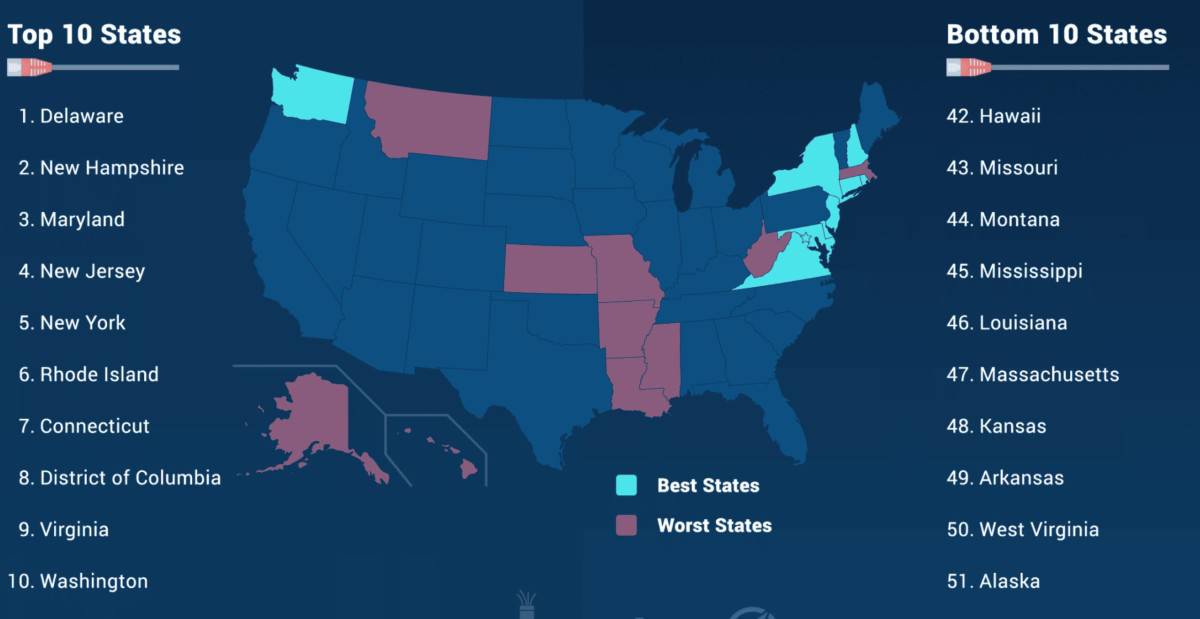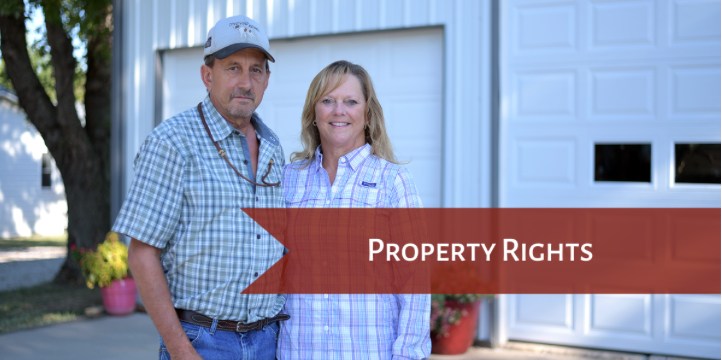Kansas Governor Laura Kelly is lauding her new “Broadband Ready” program as a new general election season begins, touting a new designation for Kansas Cities called “Broadband Ready.” Kansas has roughly $625.7 million in funds to expand access in the state from multiple federal funding sources, but Kelly’s program doesn’t get people connected to broadband. Instead, it is a public relations campaign.
The Sunflower State currently ranks 48th in the nation in internet coverage, speed, and reliability, according to BroadbandNow’s annual rankings.

While roughly 90% of Kansans have access to what the Federal Communications Commission defines as broadband — download speeds of at least 25 megabits per second and upload speeds of 3 Mbps — those speeds are a far cry from what the coalition of providers behind BroadBand Now consider “true broadband” at 100mbps download or faster.
Moreover, that 90% figure is state-wide, with many counties having the 25 Mbps speeds available to half or less of residents and with only 8.7% of Kiowa County having such access. Further, Kansas ranks 21st in access to gigabit or better speeds, with roughly 76% of residents — largely in urban areas — able to purchase it.
Kelly’s “strategic plan,” however, is not currently laying fiber, connecting residents or providing access. It is mostly a public relations campaign for the governor.
Indeed, despite securing more than a half-billion dollars in funding, the program is simply certifying cities as “Broadband Ready,” and the plan doesn’t even call for implementation for another year.
To be considered “Broadband Ready,” communities will have to:
- Designate a single point of contact
- Commit to a 30-day review process
- Ensure reasonable filing fees, not to exceed what is allowed in state statute
- Utilize or transition to electronic filing systems, and:
- Prohibit discrimination in permitting procedures
The Sentinel emailed Director of the Kansas Office of Broadband Development Jade Piros de Carvalho asking what exactly is the plan to get high-speed internet to “Farmer Jones” 10 miles outside of Greensburg in Kiowa county (the least-served county in the state), the time-frame for such infrastructure projects, and how they will be funded. Piros de Carvalho was also asked if there is any intention to partner with local electric and telephone cooperatives as has been done in Missouri and other states to solve the “last mile” issue and if there would be competitive bids or some sort of auction process such as the FCC uses?
As of publication, she has not responded.
Missouri broadband connectivity model shows faster way forward
Missouri faces many of the same issues but has found a way to overcome some of the problems facing extending broadband to rural areas — partnering with local phone and electric cooperatives.
One of the biggest barriers to extending high-speed internet to rural areas is known as the “last mile” problem.
Internet service providers say it is prohibitively expensive to install fiber or cable internet down the “last mile” from a node when there are too few customers to support the service.
There are solutions, ranging from wireless solutions like “edge computing” to expanding satellite services like Elon Musk’s “Starlink.” But those solutions are generally slower and less reliable than the wired solutions — particularly fiber to the home — widely available in urban areas.
However, the Osage Valley Electric Cooperative in Missouri is providing wired internet to their customers in partnership with Conexon, a Kansas City, Missouri, Company that specializes in working with electric and phone co-ops to assist with broadband projects.
As the Sentinel reported in November of 2021, the economic development director for OVEC, Jana Rosier, said Osage would do the fiber buildout and then lease the system to Conexon, which will run the service for Osage. Rosier says this provides savings to customers since the co-op will not have to hire new employees for things such as tech support.
Rosier said “last mile” is largely a non-issue for rural electric and phone co-ops because they are already providing service, and most of the cost becomes stringing new lines and replacing poles that may not be rated for the fiber optic cables.
Electric co-ops cover most of Kansas, and almost exclusively in rural parts of the state.
Governor Kelly created a dedicated broadband office three years ago, but despite millions in federal grants to expand access, it seems there has been more focus on public relations than getting rural Kansans connected to broadband.


